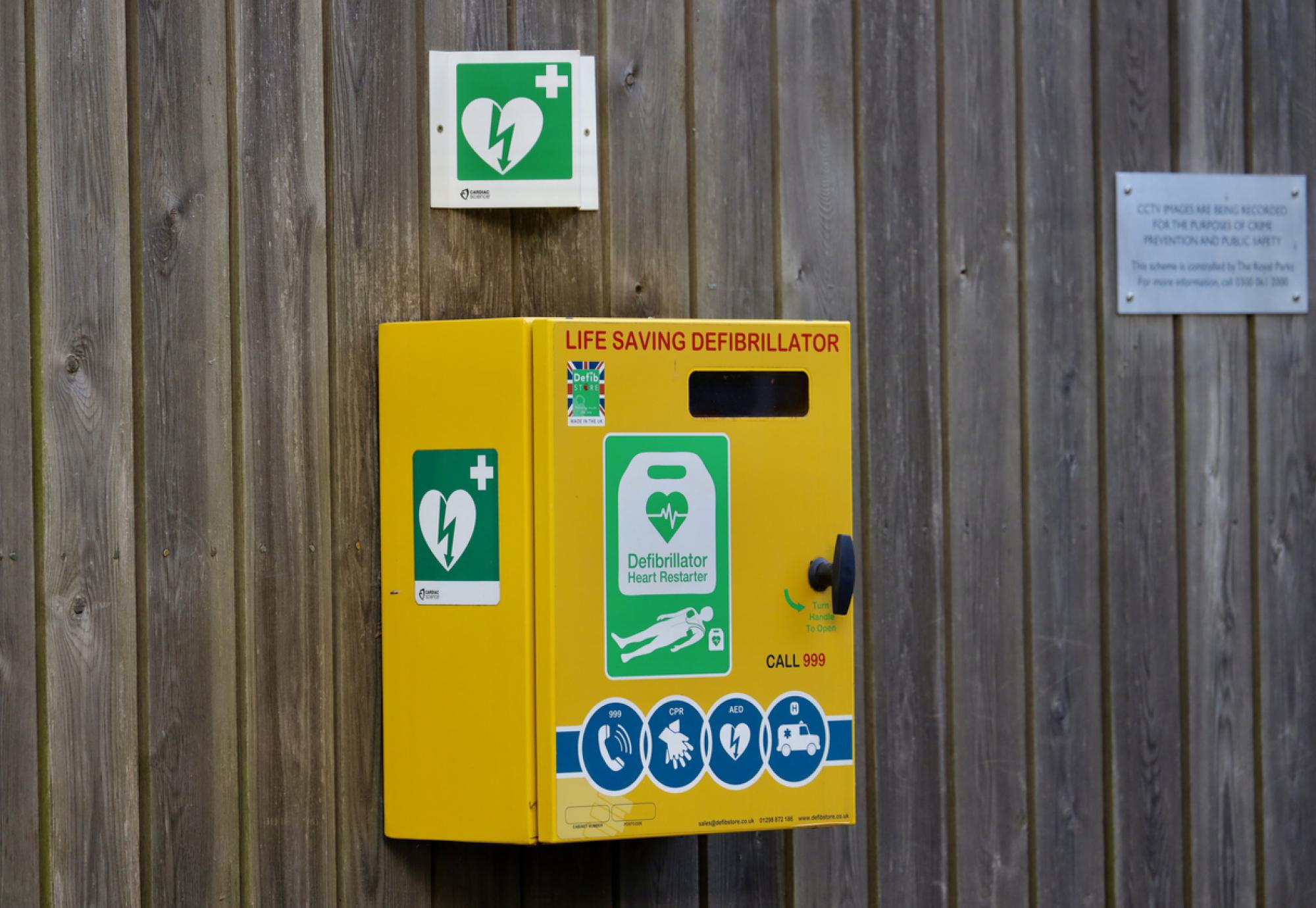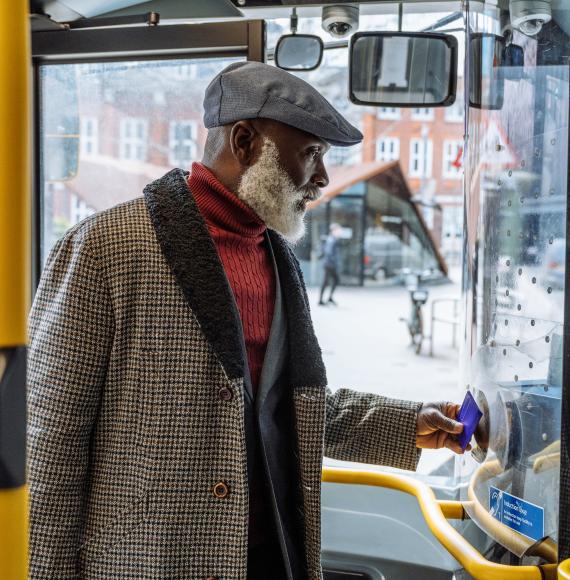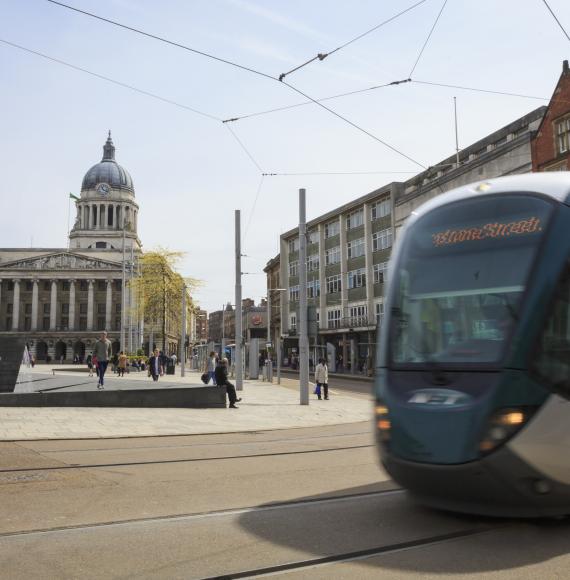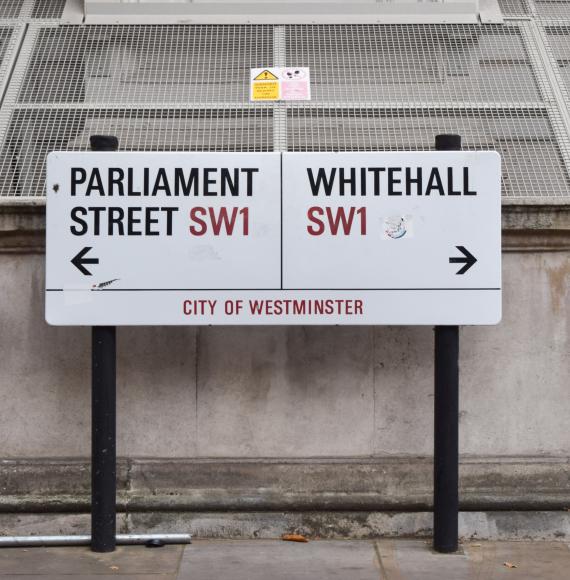The Department for Education has announced that every state school in England now has a defibrillator, with this helping to considerably increase the chance of surviving cardiac arrest when pupils or staff are in school.
Thanks to £19 million of funding from the government, 20,376 devices have been delivered to 17,862 schools across England since January this year. This project came in two parts, with June seeing the successful completion of deliveries of devices to secondary schools, whilst the month or so since then has seen the same result with all eligible primary, special and alternative provision schools who didn’t previously have a defibrillator.
Gillian Keegan, Secretary of State for Education, said:
“Having access to defibrillators in schools drastically increases the chance of pupils, teachers and visitors surviving a cardiac arrest.
“Thanks to the tireless campaigning of Mark King, Jamie Carragher and Nicola Carragher we are proud to say that every state-funded school in England now has access to a defibrillator.
“Teachers and pupils across the country can now be reassured that they will have access to one on school grounds, should tragedy strike.”
A commitment was made by the government in July 2022, to ensure that these devices are present in schools, following the campaigning of Mark King. King tragically lost his son Oliver when he suffered sudden cardiac arrest at the age of 12 years old, during a school swimming lesson. Following Oliver’s passing, a foundation was established in his name, with the goal of saving as many young people’s lives as possible. This is done through training in defibrillator awareness and first aid, as well as through the placing of almost 6,000 devices in schools and organisations around the United Kingdom.
To ensure that large schools have enough provision for strategic placement of defibrillators can take place, such as in areas where cardiac arrest is most likely, they have been provided with two or more devices. Alongside this, communities and schools are being supported to make sure that members of the wider community can access defibrillators should they be needed, this will be done through delivering 1,200 external heated defibrillator cabinets to primary and special schools by the end of the year, in areas with greater deprivation and thus generally lower provision.
Further protecting members of the community, existing requirements for first aid to be taught in schools as part of the curriculum will be built on. This will see secondary school pupils taught life-saving methods, such as CPR and the purpose of defibrillators.
Image credit: iStock



















